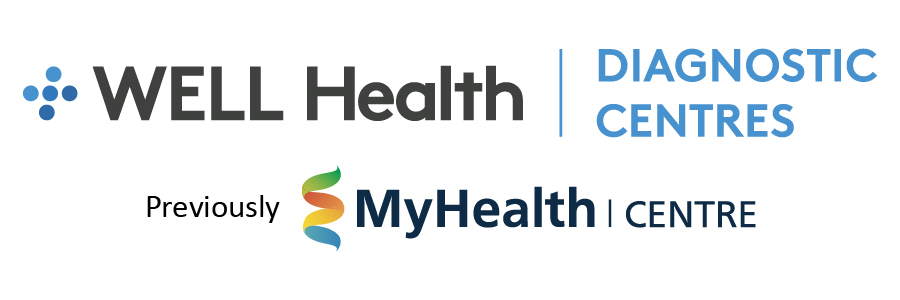NEWS & INSIGHTS
Breast Health: Common Concerns and Expert Advice

Good breast health begins with good breast awareness — it’s about knowing your body and what’s typical for you. Being familiar with how your breasts usually feel makes it easier to detect when there’s a change in texture or a new lump has formed. It is important to learn the essentials of maintaining optimal breast health while also being able to detect and prevent breast cancer, and this is where the role of a Breast Health Centre comes in.
Aging and Breast Health: Understanding Changes
As with anything, age changes things. Aging has a direct relation to health, including breast health. This is due to changes in your hormone levels, which happen during the natural process of aging. As a result of these changes, your breasts begin to lose their firmness and fullness. Also, with age comes an increased risk of developing growths in the breasts, such as fibroids, cysts, and cancerous growths according to Stony Brook Cancer Center.
Common breast health changes that occur due to age include:
- stretch marks
- downward pointing nipples
- an elongated, stretched, or flattened appearance
- wider space between the breasts
- lumpiness, which may be due to benign fibrocystic changes in the breast or serious lesions like breast cancer.
Nutrition and Breast Health: Foods for Wellness
A nutritional, healthy diet can go a long way. Mayo Clinic notes that by increasing the following items in your diet, you can help maintain breast health while reducing your risk of breast cancer:
- Dark leafy greens. kale, spinach, and collard greens
- Berries
- Citrus fruits
- Fermented foods
- Fatty fish
- Beans
- Spices and herbs
- Walnuts
All of the items listed above contain important healthy fats, such as omegas, vitamins, and minerals, that your body needs to stay healthy. Breast health is also directly linked to maintaining a healthy weight through exercising. By limiting your alcohol, fast foods, processed meats, and refined sugars, you can greatly reduce your risk of breast cancer. And as we all know, smoking kills. Fact: Women who smoke and have been smoking for 10 years or more have approx. a 10% higher risk of breast cancer than non-smoking women.
Breast Health Screening and Check-ups: What You Need to Know
Over time, you’ll discover how your breasts change in sensitivity and texture at different times in your life. Depending on your menstrual cycle, age, and other factors (such as weight).
Concerns about breast lumps, breast pain, or nipple discharge are common. From the age of 50, you should go for mammography screening once a year. When you have questions or concerns, don’t wait, talk to your medical doctor immediately. Based on a clinical exam, your doctor will tell you about other imaging tests that you might need. It should be noted that dense breast tissue may require additional screening exams. If you have a known family history of breast cancer or high-risk breast lesions, you may need additional testing.
It’s important to understand the screening tests you may need for early detection of breast cancer. They include:
- Clinical (palpation) breast exams
- Mammograms
- Breast ultrasounds
- Breast MRI
Role of Breast Health Clinic: Wellness and Care
A breast clinic is where medical specialists can examine your breasts in the case of breast health changes or a mass is detected. Breast clinics play a vital role in patient care, as they are not only breast health centres for imaging procedures but also multidisciplinary centres. It is a patient-orientated centre with many medical professionals who work directly with communities to teach people about breast checks and self-examinations, imaging procedures, and the navigation of treatment and support systems.
Myths vs. Facts: Debunking Misconceptions About Women’s Breast Health
Breast cancer is one of the better-known and more talked-about cancers, but there are still so many misconceptions out there. Unless people experience breast cancer in their own lives or are close to someone who does, they might not be able to separate myth from fact when it comes to this disease.
Below are a few breast health myths and truths:
- Myth: People think of breast cancer as an inherited disease.
Truth: only about 5–10% of breast cancers are believed to be hereditary. - Myth: Breast pain is a definite sign of breast cancer.
Truth: Breast pain can result from anything from an unsupportive bra to hormones, an injury, or even water retention. - Myth: Breast cancer is contagious.
Truth: Breast cancer is the result of uncontrolled cell growth of mutated cells that begin to spread into other tissues within the breast.
By addressing incorrect myths and misconceptions surrounding breast health, you will appreciate the purpose of breast health. Which is finding breast problems early, giving you the best chance of successful treatment. Routine breast care can also help find other noncancerous or benign conditions, too. For more information about breast health or to find out more information about a Breast Health Centre near you, contact WELL Health Diagnostic Centres today.
Sources: www.mayoclinic.org, www.nidirect.gov.uk, www.stonybrookmedicine.edu
